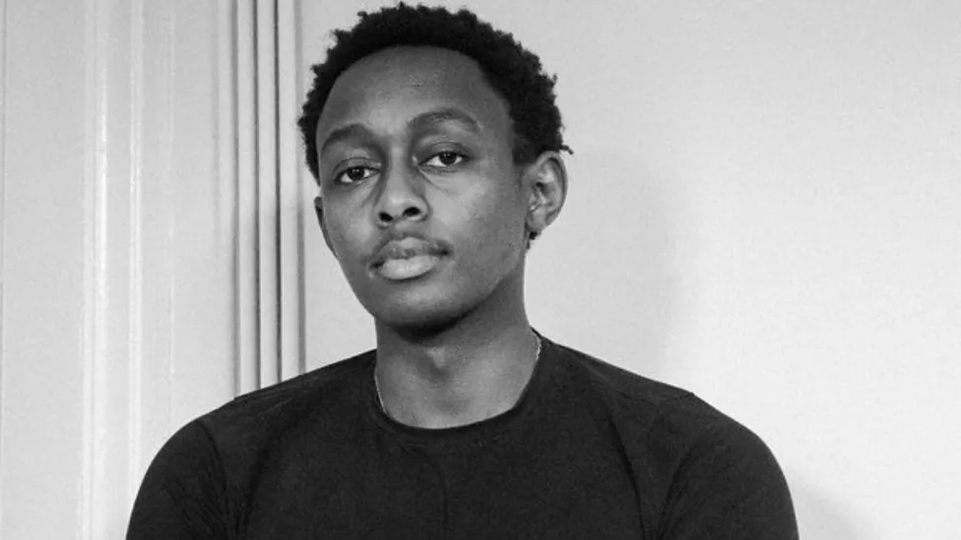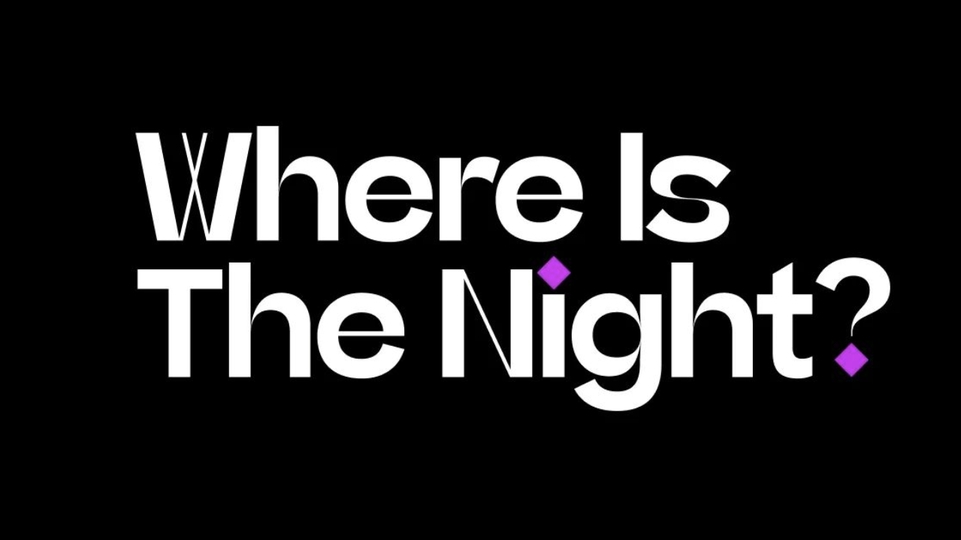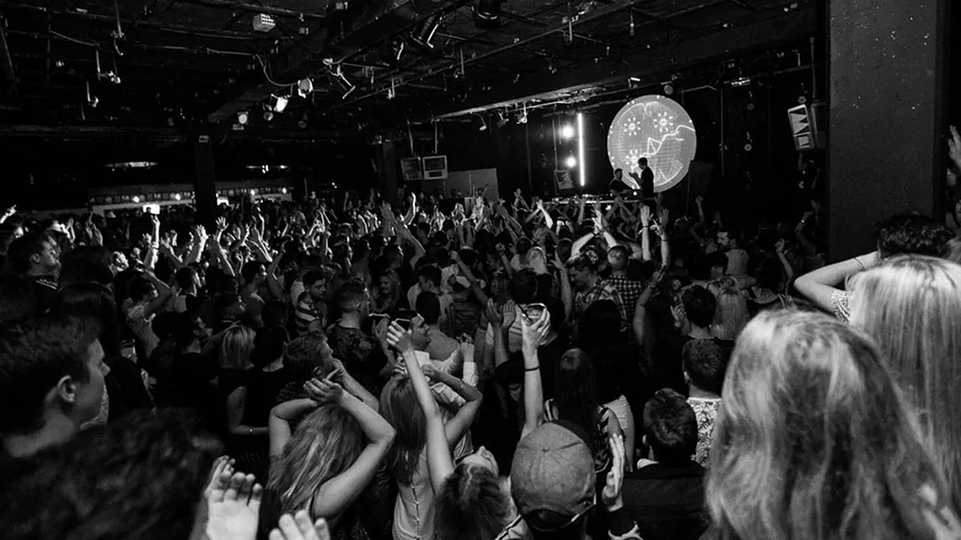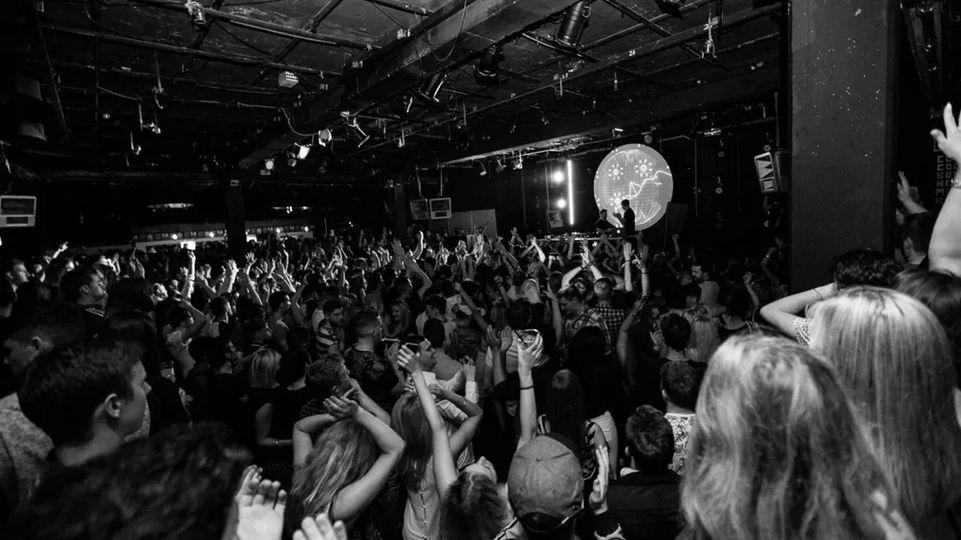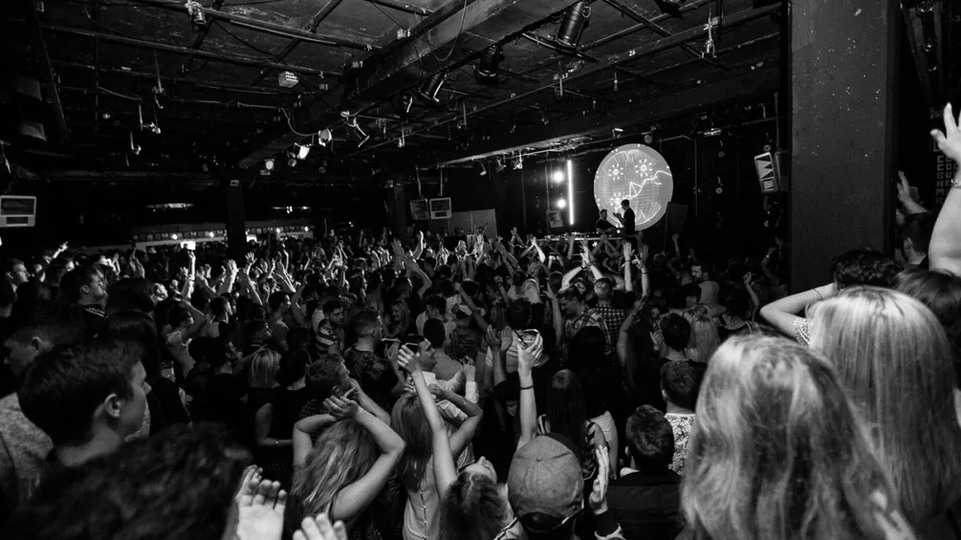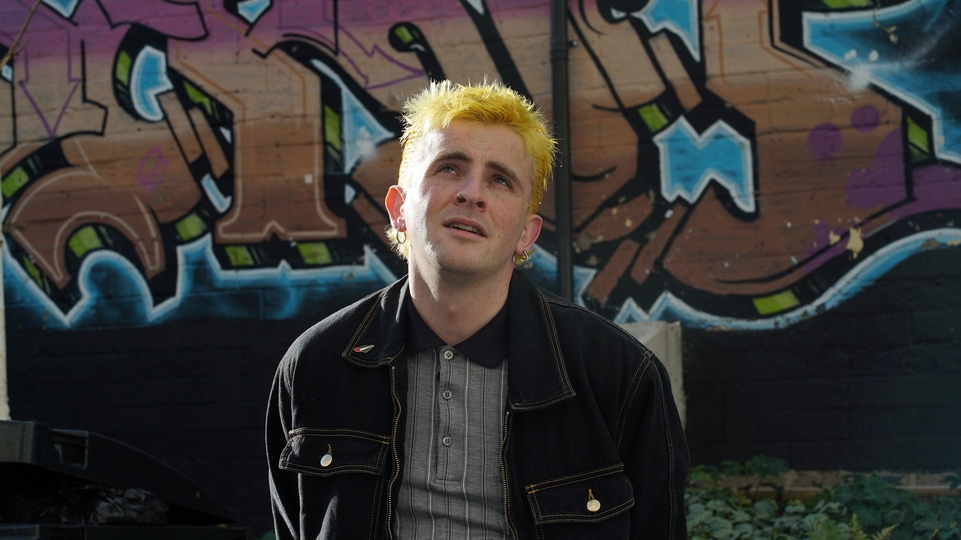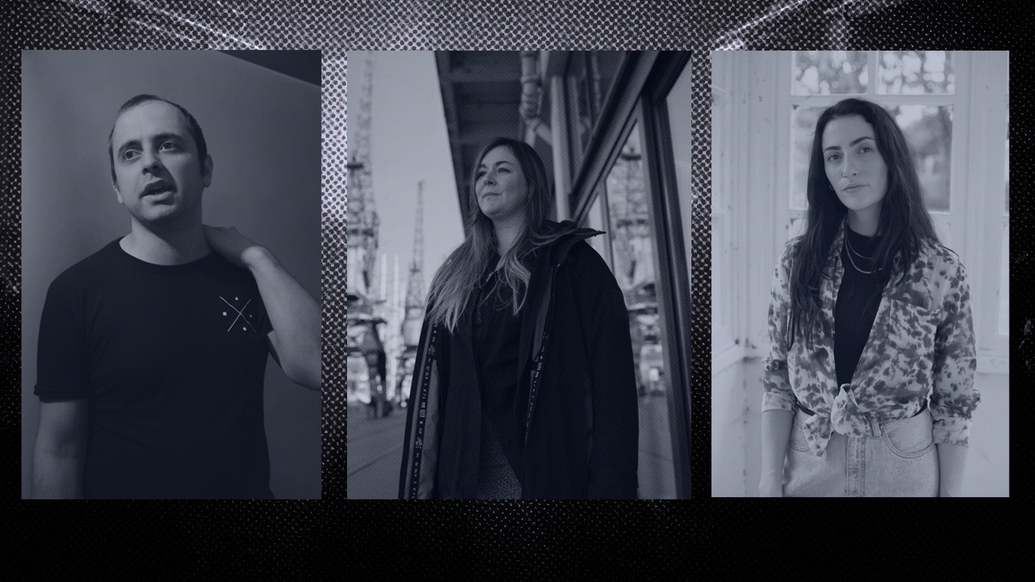
Saving the scene: reflections on the fight for nightlife in 2021
Throughout the pandemic, grassroots activists and nightlife representatives have worked tirelessly to create a more sustainable, accessible and protected environment for dance music. DJ Mag asked three key figures — Sunil Sharpe, of Ireland’s Give Us The Night campaign, Holly Lester, of Belfast’s Free The Night campaign, and Carly Heath, Bristol’s night-time economy advisor — to itemise what they’ve achieved in 2021, and what they’re working towards in 2022, from licensing laws and drug testing to drink spiking, venue reopening, and more
Bristol has had an advisory night-time panel since 2018, where nightclubs meet with people from licensing, planning and musician’s unions. It’s one thing to have discussions, but if nothing practical happens, then conversations become cyclical. After a couple of years, Bristol City Council started to recognise the importance of the night-time economy and appointed me as the night-time economy advisor.
I always say “the city doesn’t stop at 6 o’clock”; people live in cities because there are jobs, sure, but also because there’s something to do in the evening. Lots of the decisions taken by local councils that impact businesses working between 6pm and 6am are made without industry at the table, so having a night- time economy advisor means that you can influence common sense decision-making and show that industry can be part of the solution, rather than something that exists purely as problematic for the Local Authority.
When I started in April 2020, I was keen to deal with smaller issues straight away for some quick, public wins; to justify the role and allow us to work on long-term goals. Of course, though, the immediate concern was reopening, which was a massive, complex issue involving vaccine passports and the “pingdemic”. But Covid-19 aside, we were also concerned about reopening because we had 18 months’ worth of 18-year-olds all rushing to go out at once. To address this, we created the Bristol Rules campaign, which was designed around five themes to welcome people back to the city and discuss safety and accountability.
First: “Out together, home together”, don’t leave your mates behind. This new generation are so used to being connected on mobile phones that they often wander off alone.
Second: “Call it out”, how to be an active bystander if your mate is behaving badly. It’s about giving people the permission to say, “Don’t be like that, that’s not okay”.
Third: “Don’t be a ”, dealing with harassment. This isn’t intended for more serious elements of sexual assault. This is about persistent bad behaviour. It’s not acceptable and, if it happens, the security staff are there to eject that person from the venue.
Fourth: “Respect everybody”, because when you go to a club, the vibe is only as good as the one you bring with you.
Fifth: “Keep away from the edge”, a warning about being intoxicated along our waterways.
Sixth: “Take it easy”, our harm reduction message. We can’t say things like “Go low, take it slow” because that’s seen to promote drug use, so “Take it easy” is a kind of “Pace not disgrace” messaging that’s appropriate for the audience and for the Local Authority. It’s a delicate balance between having something that’s going to be well-received by audiences and come from a point of care, rather than framing nightlife as a dark and dangerous place. I’m here to elevate the night, not degenerate it.
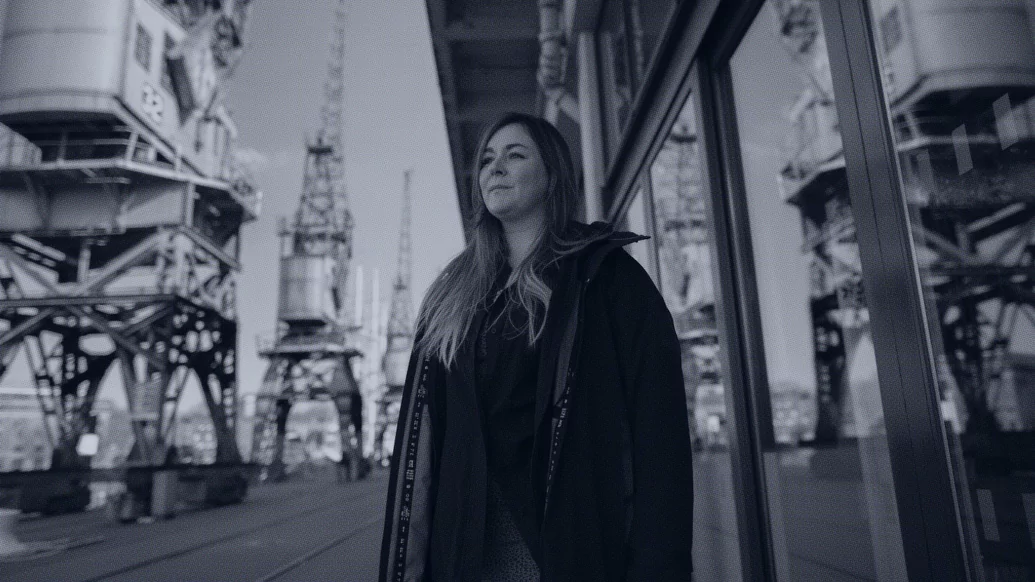
"The energy behind the campaign is to treat drink spiking as a crime, but also to stop perpetuating the idea that women need to watch their backs because they don’t belong in the night-time. We’ve got to stop making violence against women a women’s problem and unite over these serious issues." - Carly Heath, Bristol’s night-time economy advisor
I’d like to introduce drug testing in Bristol. On the first weekend of reopening, we had 20 hospitalisations and, very sadly, one death from drugs and alcohol. We put out a warning about high strength drugs because that was the intel that we had at the time, but it’s anecdotal evidence from workers, the NHS and police, not hard data. We don’t have programs like The Loop to track what’s going on in the city.
Because of UK law, it’s unlikely we’ll be able to do on-site drug testing at front of house, but we might be able to do back of house; when drugs are confiscated at the door, put in amnesty boxes or taken off people, they can be tested so we can see what drugs we’ve got in the community. Pill warnings could be more timely and accurate so that when casualties go to hospital, medical staff know what they’re dealing with.
There’s a complex web around it, though. To do drug testing, you need a license from the Home Office, funding and a building to run it from. And if you put money into a programme like The Loop, where does it come from? It comes from children’s services, or parks. We’re a cash-strapped council and resources are limited, so this might upset some people, but I want them to realise that harm reduction is a city-wide issue.
If you’re at a festival like Boomtown, with 60,000 people, drug testing services are part of the budget. If you’re at Love Saves The Day, with 5,000 people per day, the budget is just not there. What happens, then, is that events or genres get stigmatised for drug incidents. Big venues become easy targets and the public says, “That’s your problem, you deal with it.”
But what happens when it’s in a 200-capacity club, or a pub? Do promoters or even punters have to pay for testing themselves? When you’ve got young kids dying because they don’t know how much MDMA to take, rather than getting the message of “crush, dab, wait”, that’s a failure of drug policy and a failure of the state. There are 54 night-time advisors globally and we all play different roles. Some of us work for the Local Authority, like London Night Czar Amy Lamé and I, or for regional or national government.
Some of us are independent, like Sacha Lord, the Manchester Night-time Advisor, or part of lobby groups, like Berlin’s ClubCommission. That gives us all different powers. Amy Lamé and I are government employees who have to work within the system. Sacha Lord is a private individual who can take the government to court over night-time economy issues. The Berlin ClubCommission works closely with local government but is outside of it, so they can lobby more effectively on behalf of industry. There are pros and cons to all of these roles, but I think having a mix of voices is valuable.
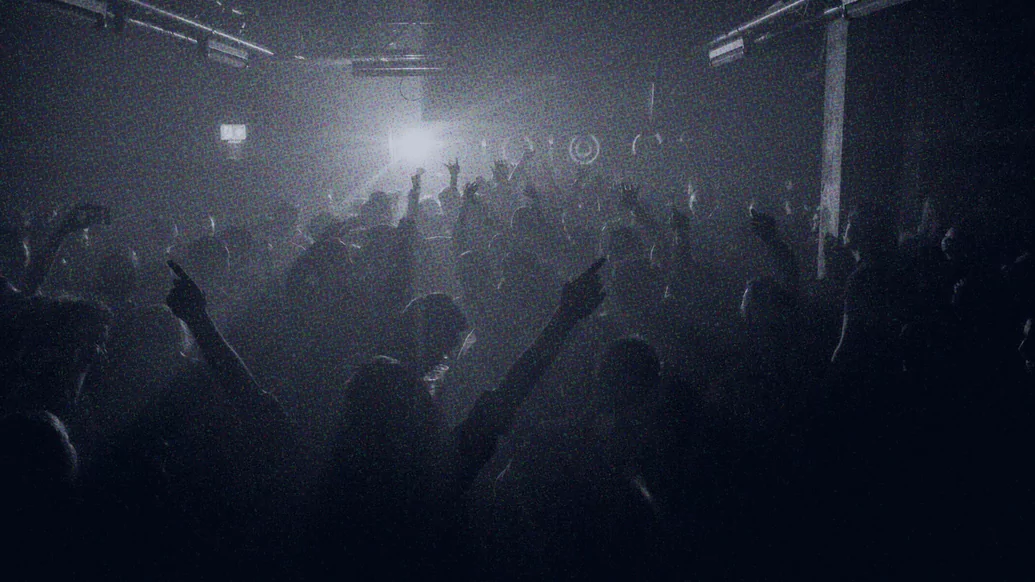

Recently, we’ve had success in Bristol around our drink spiking awareness campaign. Drink spiking is a historical problem. It’s not taken seriously enough, the rhetoric around it blames victims and it’s often seen as the club’s fault when, actually, it’s a criminal offence that demands a serious, multi-agency response.
Our campaign was planned for launch around Halloween weekend — it just so happened to launch in the middle of a media storm around women allegedly being injected with drugs in nightclubs. The media did the campaign a favour, in a sense, because it very much sharpened the minds and energies of businesses. We found that most venues in Bristol didn’t even have a drink spiking policy, so we gave 115 venues drink testing kits and venue processing guides so that staff know exactly what to do when allegations come up, in real time.
Our advice has been, firstly, to make sure the person who believes they’ve been spiked is okay, and for staff to believe them when they say they’ve been spiked. Secondly, watch out for signs that people may have been spiked but don’t realise it. Do they seem vulnerable, wasted or confused? Even if they’ve knowingly taken drugs, they could still be vulnerable.
For the venue, there’s a procedure: you need an incident book and testing kits. Drugs can start leaving your system in as little as 12 hours, so you’ve got to test early. A venue needs to secure a drink, test it and report it to the police; the police also have urine testing kits, so victims can be tested. This builds a forensic picture that can support any CCTV footage of the perpetrator.
If you don’t have that forensic evidence, you can’t prove anything. The response to the campaign has been shockingly quick. The testing kits were taken around venues on Halloween Friday, and the following Tuesday, a man who was acting suspiciously in a venue was reported to security staff by female attendees. His drinks were tested on site and found to have nefarious substances in them, so he was arrested.
The energy behind the campaign is to treat drink spiking as a crime, but also to stop perpetuating the idea that women need to watch their backs because they don’t belong in the night-time. We’ve got to stop making violence against women a women’s problem and unite over these serious issues. It’s not up to a venue to have to fight society’s ills because those issues exist in the daytime, too. I can’t solve misogyny with a poster campaign, but we can change opinions.
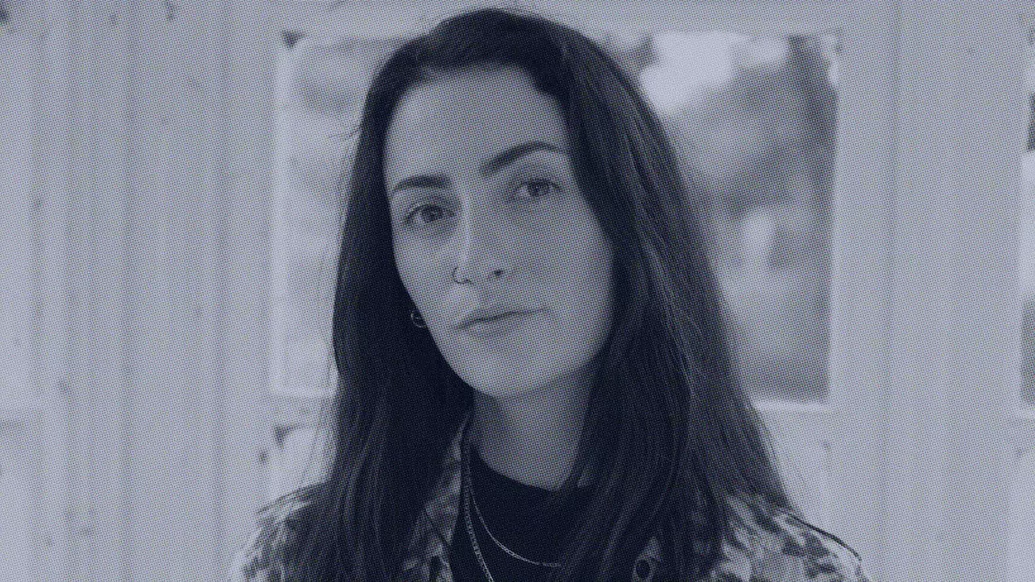
In the depths of a seemingly never-ending pandemic filled with darkness and despair, something beautiful has been bubbling under the surface in Belfast. The idea to unite our creative industries and advocate for better entertainment licensing laws in Northern Ireland has been swirling in the ether for many years. Ironically, it was only given the chance to bloom in a time when going out at night seemed like a distant memory. For that we can thank the pandemic, if for nothing else.
Free The Night officially launched in June this year, although we began our advocacy work some time earlier. In April, a group of like-minded individuals involved in the Northern Irish club circuit gathered together, frustrated and disappointed that the news of supposed ‘progressive’ amendments to alcohol licensing had turned out to be anything but. We began talks with Members of the Legislative Assembly (MLA) to voice our concerns and initiated a call to action among night-time stakeholders, emphasising the dire need for further legislation reform. We needed action.
Following our launch, we focused on concerns with the amendment bill, which was then passing through its final stages in Stormont. We supported a clause within the amendment that would allow for entertainment licensing to be included in an independent review over a 12-month period. This will form a crucial part of our work in 2022, and has potential to open up further changes within the new legislation.
It quickly became apparent to Free The Night that objective, up-to-date research specific to Northern Ireland’s night-time economy was practically non-existent. Led by Ciara Power, a PhD researcher at Queen’s University Belfast, we have been gathering data that will be crucial in forming our future engagement with the Northern Irish Executive and other stakeholders of the night-time economy.
To kickstart this research, we hosted a series of online discussions throughout August with venue owners, promoters, artists and others, allowing us to gain a clearer understanding of the areas that our supporters and stakeholders were concerned about. Infrastructural issues like regressive licensing laws, lack of venue space for creatives and poor public transport services were brought to the forefront.
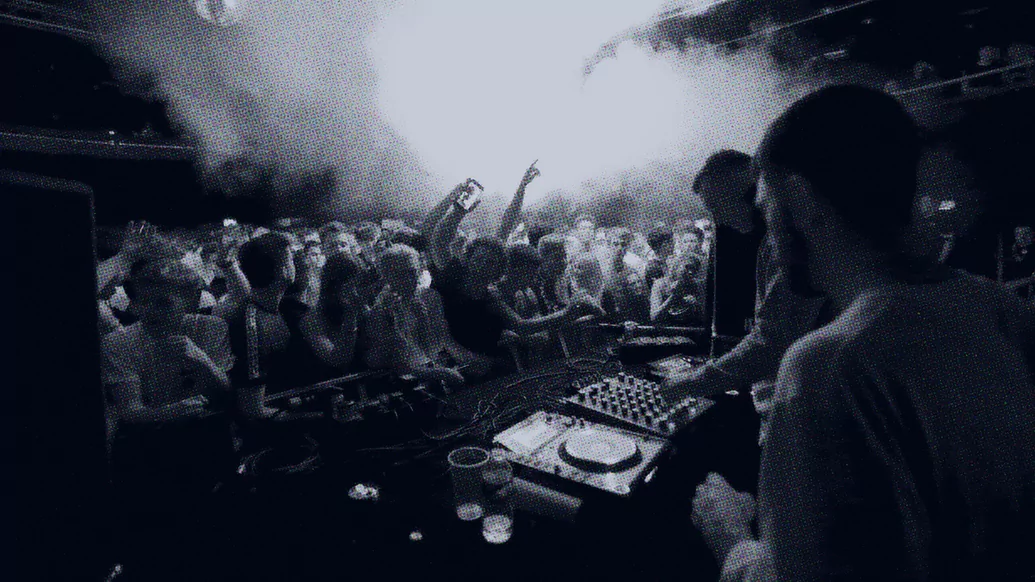

“The idea to unite our creative industries and advocate for better entertainment licensing laws in Northern Ireland has been swirling in the ether for many years. Ironically, it was only given the chance to bloom in a time when going out at night seemed like a distant memory.”- Holly Lester Free The Night, Belfast
Safety of those who work and participate in nightlife activities, as well as Northern Ireland’s serious issue of ‘creative drain’, also dominated the conversations. Importantly, it became clear from these online discussions that nightlife activities are not considered an important part of arts and culture in Northern Ireland, and that their social and economic value is grossly misunderstood.
Needless to say, the impact of the pandemic had added another dimension to Free The Night’s work. As well as being involved in a cultural recovery taskforce facilitated by Stormont, we found ourselves at the centre of the debate on reopening clubs in Northern Ireland. Nightclubs had been closed since the first national lockdown, leaving Northern Ireland to be the last country in the UK and Ireland to reopen this year. We decided to conduct a survey among our supporters, aiming to gather opinions on easing social distancing restrictions in venues. We used these findings to write to the Executive, emphasising the urgency for a clear pathway to reopening, which was actioned soon after.
Another notable event for us this year was the opportunity to host our first in-person panel on transforming the Northern Irish night-time economy. The panel, which took place in mid November in collaboration with Sound Of Belfast and Music Connections, included speakers Sunil Sharpe, from Irish nightlife campaign group Give Us The Night, Sacha Lord, the Manchester Night Time Advisor, Free The Night’s co-founder Holly Lester, and researcher Ciara Power.
As the year draws to a close, we want to sincerely thank all of those who have supported us. While there is a long road ahead of us, we know that with your support we can make a real change to nightlife in Northern Ireland.
Learn more about Free The Night here.
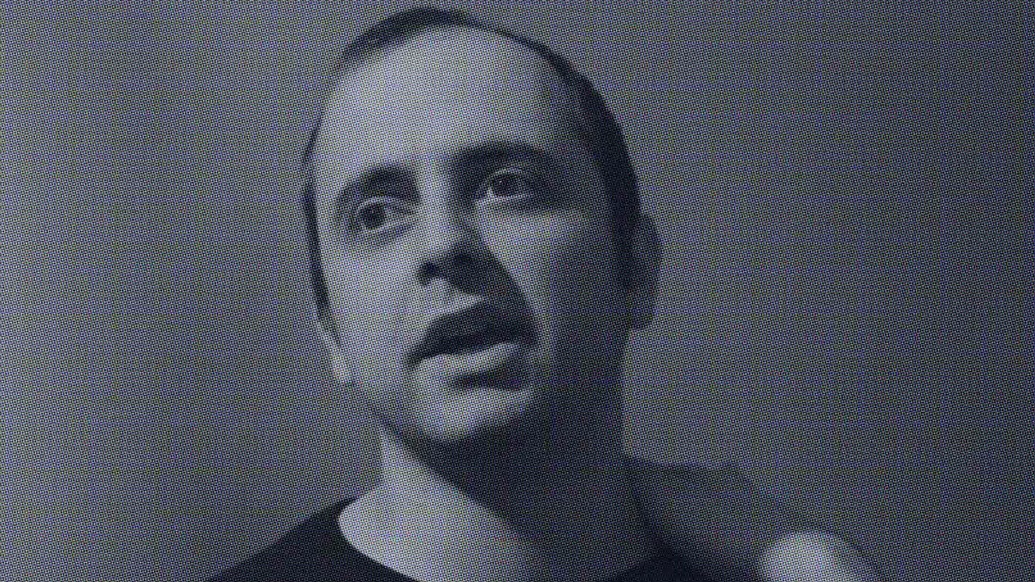
“We need to find a way to protect buildings and spaces of cultural merit not just because they are of a certain age or architectural quality, but because they are valuable to communities and localities right now.” - Sunil Sharpe Give Us The Night, Ireland
The early 2000s was a pivotal time for the Irish club scene and industry. Late bars, many of them the new breed of ‘super pub’ of the time, were given preferential treatment over clubs and were permitted to open for the same hours. In some ways, it was a similar situation to the introduction of 24-hour licensing in the UK, which generally favoured pubs more than it did clubs. But the fact is that the UK was moving more towards a late-night culture, allowing clubs to experiment more with opening hours if they wanted to. Without any extension of closing times for decades (it’s still 2am or 3am, depending on the county), the nightclub industry in Ireland has been unable to move with the times, let alone experiment.
Give Us The Night has widened its focus from what was originally its singular issue, which was changing the licensing laws and closing times for clubs, to a larger list of objectives today. Dublin, where we are based, has lost a lot of important venues over the last decade. It’s a similar pattern that has been experienced in many cities across the world; where endless hotels, apartment and office blocks have arrived at the cost of the city’s spirit and cultural offering. Times change, cities change — that’s accepted. But what’s unacceptable in Ireland is the lack of a meaningful cultural policy from local authorities and political parties. Everyone has more work to do in this area.
If we were to have a motto in the area of planning, it would be ‘protect and create’. We need to find a way to protect buildings and spaces of cultural merit not just because they are of a certain age or architectural quality, but because they are valuable to communities and localities right now. Similarly, we need to find ways to create new spaces. Some of that comes down to more adventurous zoning plans, but also more ambitious planning proposals from developers, who should be obligated to provide cultural spaces as a prerequisite in the planning process. One of our current proposals to Dublin City Council is a “cultural clause” that could require developers to include an event space in their new hotel development, or in close proximity to a large scale housing development.
If spaces for culture — be it a music venue, theatre, cinema or even a record shop or bookshop — are not actively encouraged and supported by local authorities, we’ll continue to lose these spaces. It’s important though that, as a community, especially in music, we don’t become too consumed and distracted by the loss of venues. We have to be proactive about creating new spaces and influencing the planning policies needed to encourage more spaces for music and art, especially multi-use ones.
2022 will be about finally seeing the modernisation of our licensing laws, and initiating a wide range of actions from the Government’s Night-time Economy Taskforce report, a group that Robbie Kitt and myself represent Give Us The Night on. While policy is key, implementation is everything. The struggle for change isn’t over yet, but we’re getting there.
Learn more about Give Us The Night here
